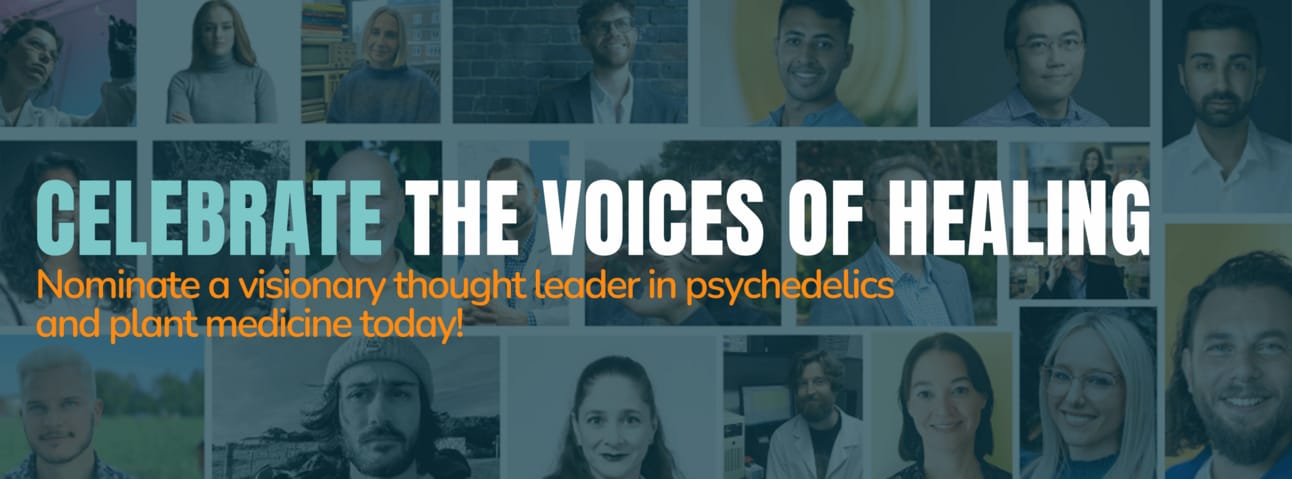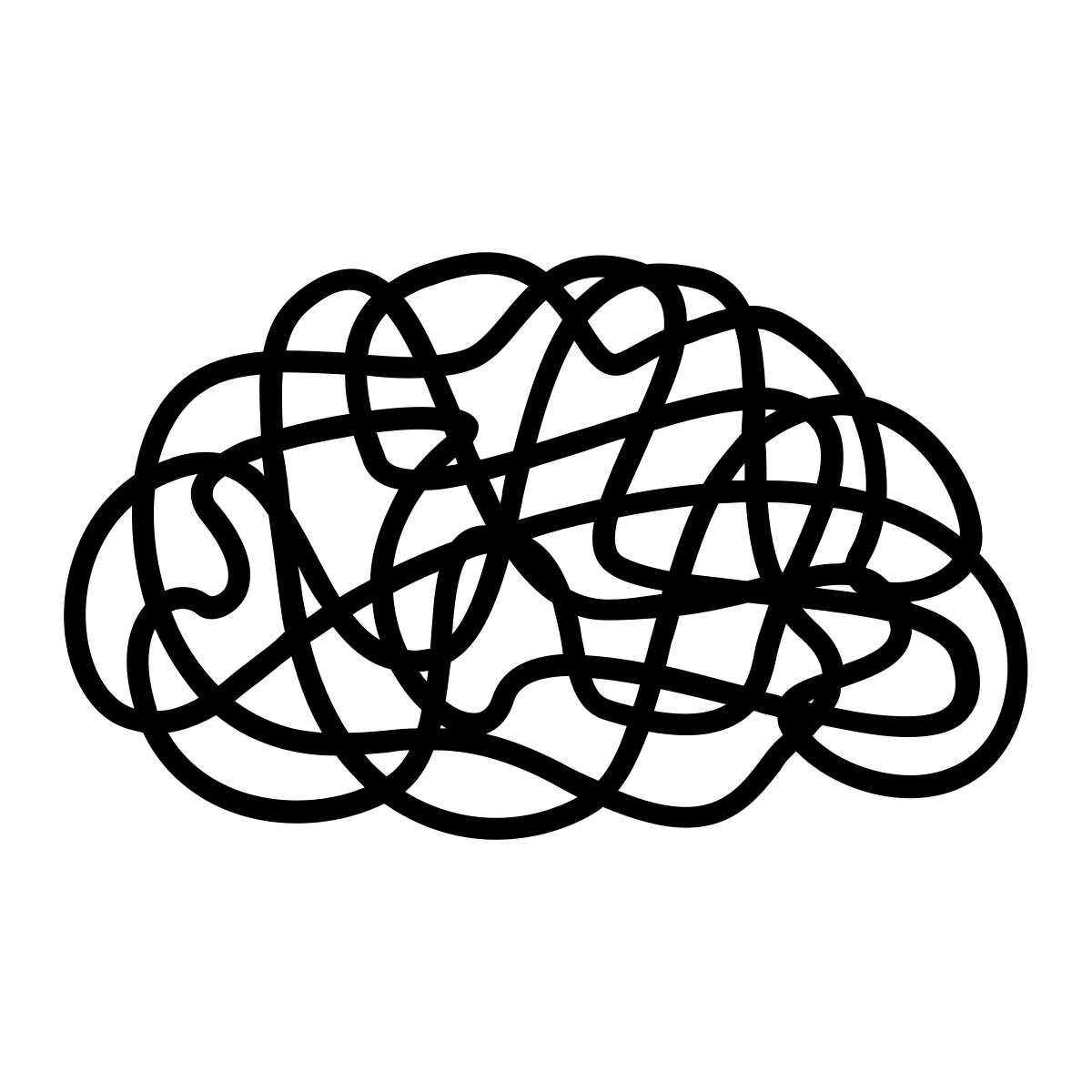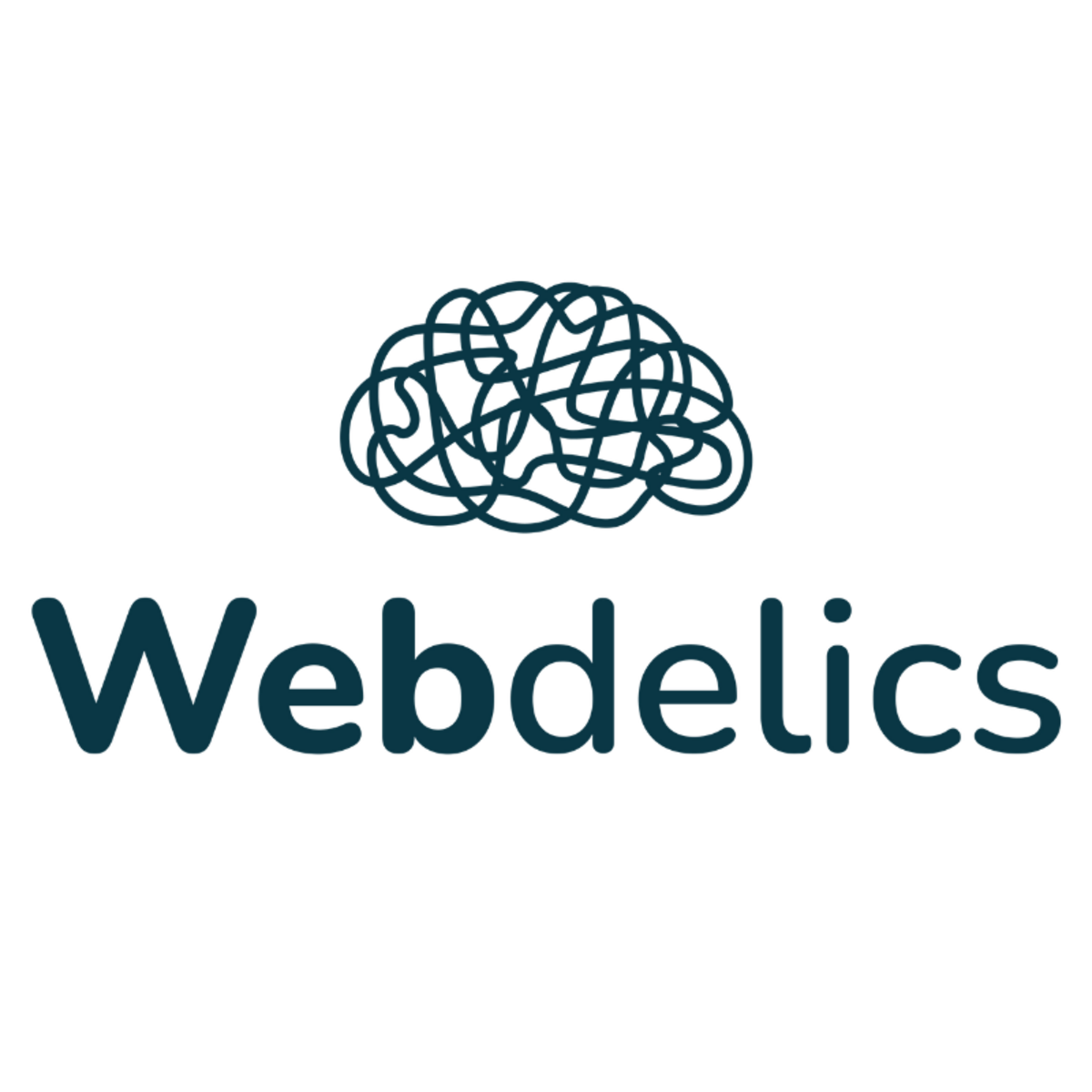
Explore the World of Plant Medicine and Psychedelics. A Weekly Digest of Exclusive Stories, Insights, and Research.


We’re excited to announce that our Top 100 Emerging Thought Leaders & Content Creators is going to be officially published next week!
This is the most extensive list we’ve compiled thus far and will get you a front row seat to the leaders in this quickly expanding field of psychedelics.
🌐 Follow us on social media to stay connected and explore more and stay tuned:
At Webdelics, our mission is to educate, inspire, and connect the global community interested in the transformative power of psychedelics.
By celebrating these pioneers, we’re moving one step closer to greater awareness, acceptance, and understanding of this vital field.
We invite you to join us in honoring the leaders who are shaping the future of psychedelics—and thank you for being part of this journey with us…
Welcome to the journey!
🧠 The Webdelics Team

📔 Psychedelics 101: Terms Everyone Should Know
Entheogen 🌿
“Entheogen” is a term used to describe psychoactive substances—often from plants or fungi—that are taken to spark spiritual, mystical, or deeply introspective experiences.
The word literally means “generating the divine within.” It reflects the ancient, ceremonial use of these substances by cultures around the world—for healing, vision quests, initiation rites, and connecting to something greater than the self.
Unlike “hallucinogen” or even “psychedelic,” the word entheogen emphasizes intention and reverence. It’s about the why, not just the what.
🌎 Why it matters: Language shapes perception. Using the word entheogen invites a more sacred, purposeful lens—one that honors the deep cultural roots and potential for transformation these medicines hold.
🧘 Pro Tip: When choosing your words—especially in sensitive or cross-cultural settings—“entheogen” can carry a depth and respect that other terms don’t.


📜 Top Article
🍄 Psilocybe Cubensis - Nature’s Most Famous Mind-Expander
Psilocybe cubensis is more than a mushroom—it’s a global symbol of psychedelic awakening.
Known by names like “Golden Teacher,” this humble fungus has bridged ancient rituals, 1960s counterculture, and today’s clinical breakthroughs…
But what makes it so special?
👪 An Ancient Ally
Long before it was called “magic,” P. cubensis played a sacred role in indigenous cultures throughout Mesoamerica.
The Aztecs referred to psilocybin mushrooms as teonanácatl, or “flesh of the gods,” and used them in religious ceremonies believed to offer divine connection and spiritual insight.
Despite colonial suppression, Mazatec shamans in Oaxaca preserved these traditions for centuries, keeping the mushroom’s spiritual legacy alive.
💥 Western Discovery and Psychedelic Boom
Modern science formally met P. cubensis in 1906 when American mycologist Franklin Sumner Earle documented it in Cuba.
But it wasn’t until the 1950s that the West began to pay attention…
R. Gordon Wasson’s firsthand account of a Mazatec mushroom ceremony and Albert Hofmann’s isolation of psilocybin (the active compound) lit a fuse that would ignite the psychedelic revolution.
By the 1960s, P. cubensis found its way into the hands of thinkers like Timothy Leary and Terence McKenna, becoming a cornerstone of consciousness exploration and counterculture.
Cultivation techniques like the PF Tek made the mushroom widely accessible—and its popularity exploded.
💢 How It Works
Psilocybin converts into psilocin in the body, which interacts with serotonin receptors in the brain, particularly 5-HT₂A.
This interaction sets off a chain reaction that alters perception, disrupts ordinary thought patterns, and, for many, induces deep emotional or spiritual insights.
Functional MRI scans have shown that psilocin temporarily silences the brain’s Default Mode Network (DMN), a system linked to ego and self-narrative.
When this network quiets down, other parts of the brain communicate more freely, producing what researchers call an “entropic brain state”—less structured, more open to novelty.
This neural flexibility may explain both the surreal nature of the psychedelic trip and its therapeutic power.
🗝 Therapeutic Renaissance
Though outlawed in the 1970s, P. cubensis has returned to the spotlight.
Prestigious institutions like Johns Hopkins and Imperial College London are studying psilocybin therapy for depression, anxiety, addiction, and PTSD.
Meanwhile, grassroots movements have driven decriminalization in places like Oregon, Denver, and Oakland.
In many cases, the mushroom used in clinical and underground settings alike is P. cubensis—thanks to its relative ease of cultivation and predictable potency.
🧑🏫 Still Teaching…
Whether used ceremonially, therapeutically, or recreationally, Psilocybe cubensis continues to teach.
It remains a living link between ancestral wisdom and modern science—a biological bridge between brain, spirit, and the mystery of consciousness itself…
As we enter a new era of psychedelic healing, the “golden teacher” still has much to offer.

🎉 Top Weekly Blog!
Our Top Psychedelic and Plant Medicine Blog from Webdelics
The Webdelics website has over 160+ evidence-based, research-backed blogs that were intentionally written to give you the facts, not just our opinions.
📚 Here is this week’s top blog on our site, rated by our readers:
👉 This one aligns with the main article today, so enjoy!

💬 We will leave you with this…
As William Osler infamously noted, “Medicine is a science of uncertainty and an art of probability.”
Challenging our beliefs and knowledge is essential for finding the truth, especially in a crowded space like plant medicine and psychedelics.
Until next time…


